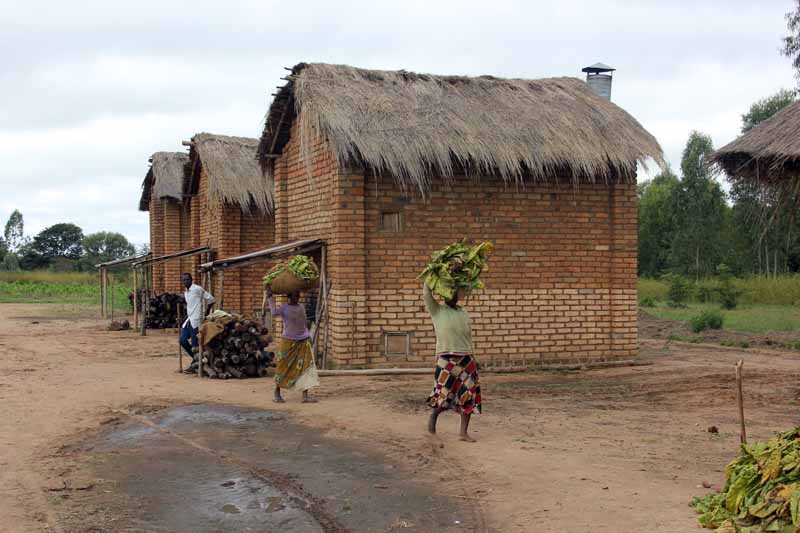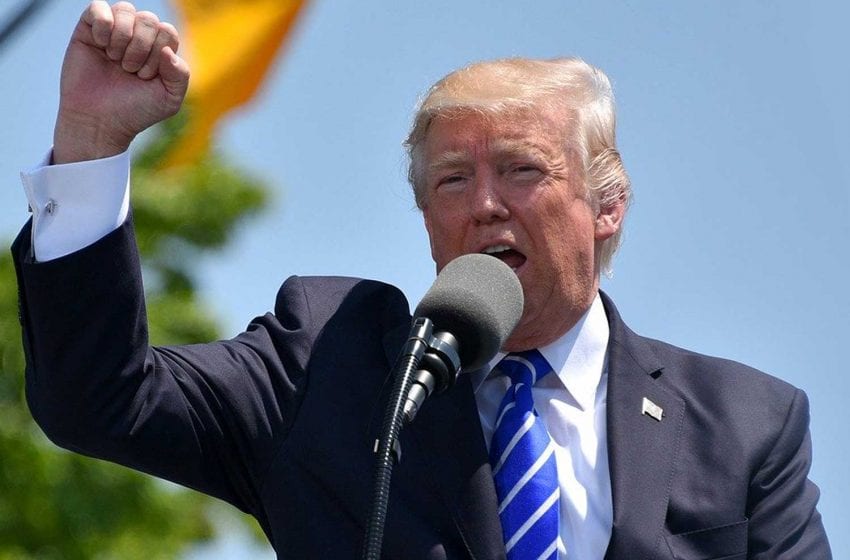The EU Commission has said that the issue of improving health and agricultural safety in Zimbabwe features in regular policy dialogues with the Government.
The Commission was responding to questions from an Italian member of the EU Parliament, who had asked the Commission what steps it was taking to reduce the risk of tobacco poisoning among tobacco farmers and their families.
In a preamble to her questions, Barbara Matera said that when the proper safety procedures were not adhered to, the risk of tobacco poisoning among farmers was high.
‘Zimbabwe, in particular, has experienced a large number of tobacco poisoning cases, which can be attributed to a lack of education about the condition and a lack of funding for the proper preventive equipment,’ she said.
‘This sickness also greatly affects children who help out with the harvest in rural areas.’
Matera said tobacco was Zimbabwe’s largest export product, and its largest agri-food export to the EU, before asking:
‘What is the Commission doing to promote education among tobacco exporters?’
‘What can the Commission do to provide adequate equipment and protection for farmers, especially those with children?’
In its written reply, the Commission said the 11th European Development Fund National Indicative Programme (€234 million), envisaged support for health, agriculture-based economic growth and governance in Zimbabwe.
‘The Commission does not provide support to the production of tobacco in Zimbabwe,’ it said. ‘However, agriculture being the backbone of Zimbabwe’s economy, the Commission provides substantial support to agricultural resilience and production and supports value-chains for products such as beef, chicken or dairy aiming at creating jobs.
‘The Commission is also one of the main contributors to the Health Development Fund managed by the United Nations Children’s Fund. This Fund aims at guaranteeing that the population can access comprehensive and effective health services and at strengthening health systems to improve the level of care.
‘The issue of improving health and agricultural safety also features in the regular policy dialogue with the Government.
‘Zimbabwe is a Party to the World Health Organization Framework Convention on Tobacco Control. Article 17 recognises the need to promote economically viable alternatives to tobacco production to prevent adverse impacts on populations whose livelihoods depend on it. Article 18 covers the protection of the environment and the health of persons in respect of tobacco cultivation and manufacture. Zimbabwe has benefited from sharing of experience and provision of technical assistance for the implementation of these articles.’
No answer to poisoning











